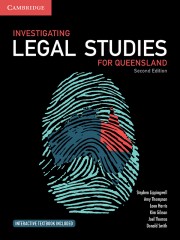
Conversely, civil laws relate to the decision of authorized controversies and contain money damages. Around 1900 Max Weber defined his “scientific” strategy to legislation, figuring out the “legal rational type” as a kind of domination, not attributable to non-public authority but to the authority of abstract norms.
Locke argued that our “lives, liberties and estates” are our property because we personal our our bodies and blend our labour with our surroundings. Conflict of laws, or non-public international legislation in civil law nations, issues which jurisdiction a authorized dispute between personal events ought to be heard in and which jurisdiction’s regulation ought to be applied. Today, companies are increasingly able to shifting capital and labour provide chains across borders, as well as buying and selling with abroad companies, making the query of which nation has jurisdiction even more urgent. Increasing numbers of businesses opt for commercial arbitration beneath the New York Convention 1958. Freedom of speech, freedom of association and many other particular person rights enable individuals to collect, discuss, criticise and hold to account their governments, from which the idea of a deliberative democracy is shaped.
John Locke, in his Two Treatises of Government, and Baron de Montesquieu in The Spirit of the Laws, advocated for a separation of powers between the political, legislature and executive bodies. Their principle was that no person ought to have the ability to usurp all powers of the state, in contrast to the absolutist principle of Thomas Hobbes’ Leviathan.

Obligations, like contracts and torts, are conceptualised as rights good between people. The concept of property raises many additional philosophical and political issues.
